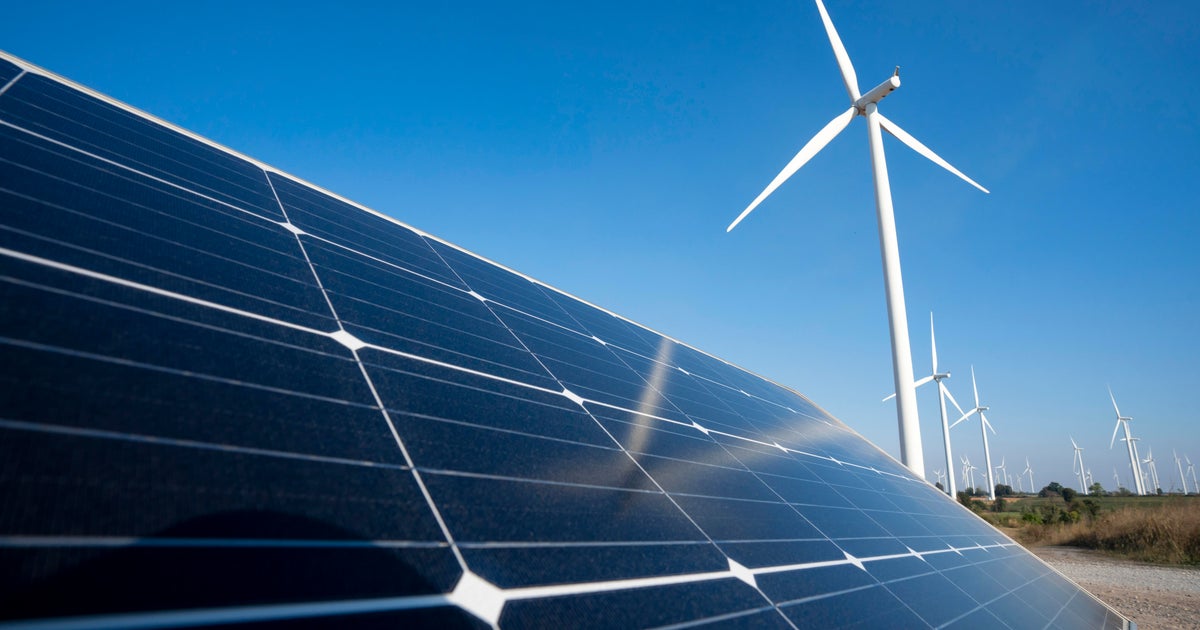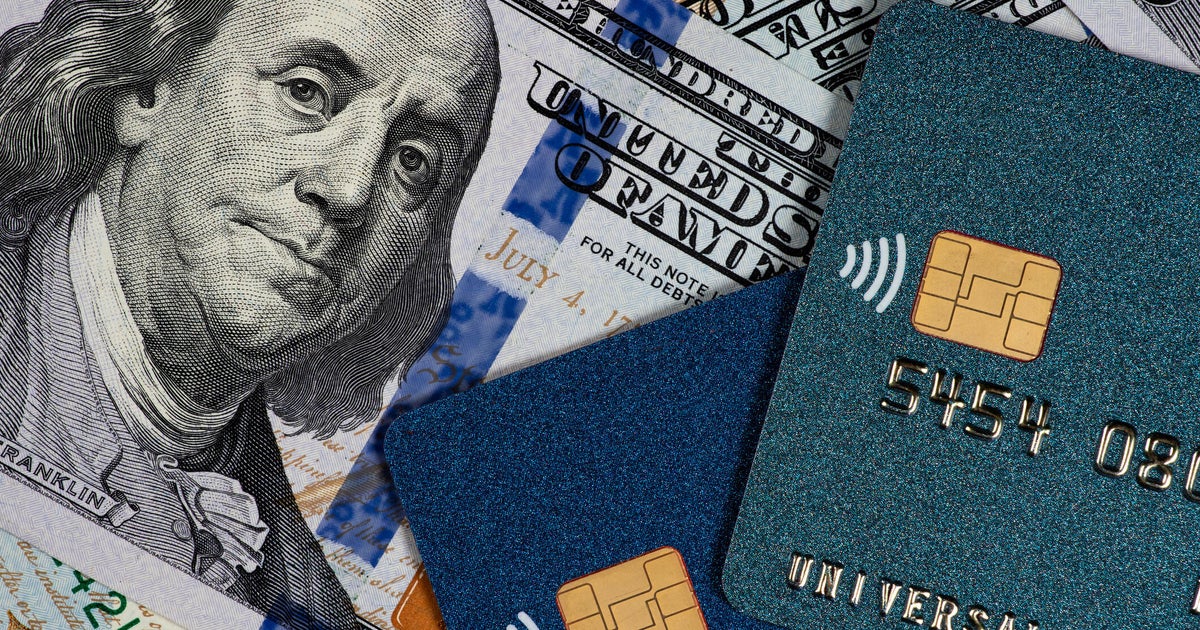Dozens of profitable U.S. companies haven't had a federal tax expense since Trump's rate cut
More than two dozen large U.S. companies have made a collective $77 billion in domestic profits in the past three years without any expectation of having to immediately pay federal taxes on their bounty. Indeed, they haven't expensed a single dollar for current federal taxes since Donald Trump pushed through a massive tax cut for corporations in the first year of his presidency, according to a new study.
Many of those same companies had together paid billions of dollars in annual taxes prior to Trump's presidency.
For instance, Salesforce.com has made $4.2 billion in the past three years before taxes. But since 2018, the software company hasn't put any money aside to pay federal taxes, according to its filings with securities regulators. In fact, Salesforce booked $4 million in tax credits since 2018. In the three years prior to Trump's tax cut, Salesforce earned far less but expensed far more for taxes — $35 million on $500 million in profits.
A spokesperson for Salesforce did not respond to a question from CBS MoneyWatch regarding how much the company has paid in taxes.
The study, from the liberal-leaning Institute for Taxation and Economic Policy, comes as the national debate heats up on whether corporations pay their fair share in taxes. This week, President Joe Biden said he hopes to significantly raise taxes on corporations to help pay for a $2 trillion plan to upgrade the nation's infrastructure, which could cost the federal government trillions of dollars.
On Friday, Mr. Biden said that his infrastructure proposal is a "once in a generation investment in the future, paid for by asking big corporations, many of whom don't pay taxes at all, to pay their fair share."
Earlier this week, Mr. Biden outlined a plan to increase what U.S. companies pay in federal taxes by $2 trillion over the next decade. It includes imposing a minimum corporate tax rate of 15% based on the income that companies report to investors.
How much in corporate taxes under Biden plan?
Had Mr. Biden's plan been in effect, the 26 profitable companies highlighted in the ITEP study together would have paid at least $11.6 billion in federal taxes since 2018, instead of the nearly $5 billion in tax credits they collected over that time.
"There's already this suspicion that big corporations aren't paying their fair share," said Matthew Gardner, a senior fellow at ITEP and one of the authors of the study. " A finding like this is going to support that view."
Although it's clear companies are paying significantly less than what they did before the Trump tax cuts, just how much less a given business is contributing in taxes is less certain. The reason: Companies, like individuals, are allowed to keep their tax filings and payments private.
Yet public companies that report their profits to investors also must offer in their financial filings a rough estimate of how much they might have to pay in taxes over the next 12 months and any tax expenses they might face in the future. They're also required to detail to whom those taxes are likely to be paid, such as the federal government, a state, or foreign governments.
The ITEP study zeroed in on the current amount of federal income tax that companies listed in the S&P 500 stock index expensed in the past three years. Accounting experts have traditionally said that figure offers a fairly good estimate of what companies may have paid in federal taxes. Less helpfully, provisions in the 2017 tax cut law have made that figure less reliable.
For instance, ITEP identified FedEx as one company that hasn't paid federal taxes in the past three years. The delivery giant has previously disputed that claim, saying it pays annual federal income taxes while declining to disclose how much. FedEx's financial statements show that its cash accounts — another way to measure corporate earnings — dropped by $400 million due to tax payments during the past three years.
Enviously low tax rates
Still, what many U.S. companies pay in taxes might provoke envy among individual taxpayers. A recent financial filing indicated that Zoom, whose revenue and profits have surged during the coronavirus pandemic, had expensed no federal taxes for 2020 despite the videoconferencing company's record earnings.
According to a CBS MoneyWatch analysis of data from FactSet, the median effective corporate tax rate of companies in the S&P 500 last year was just 18% — down from 23% in 2017. Notably, that's for all taxes paid. Look at just federal income taxes and those companies' effective rates are likely to be much lower.
Duke Energy, for instance, had U.S. pretax profits of nearly $8 billion over the past three years. Not only did Duke pay zero federal taxes during that time, it also booked a federal income tax credit of just over $1.2 billion, according to ITEP.
Responding to the study, Duke Energy told the New York Times that investments in renewable energy have allowed it to delay, but not eliminate, its federal tax obligations. The company's most recent annual financial filing recorded a $9 billion liability for future federal tax payments.
Other major companies that ITEP researchers said haven't paid federal taxes in recent years despite booking big profits include TV and internet provider Dish Network and athletic gear company Nike.
On Friday, in response to the study, Vermont Senator Bernie Sanders tweeted that a $120 pair of Nike Air Force 1 shoes would cost you more than what the company paid in taxes over the past three years.
A spokesperson for Nike did not respond to a request for comment.
ITEP also identified 55 companies that made money in the past, but that didn't appear to have paid any money in federal taxes on those profits. For instance, the study said cable company Charter Communications made $3.6 billion during the pandemic, but booked a tax credit last year of $7 million.
A spokesperson from Charter said the company paid state and local taxes last year. The company said prior loses and write-offs for investments had decreased its federal tax bill. The spokesman added that Charter, which analysts forecast will make $4 billion this year, expects to be a "meaningful federal cash taxpayer" in 2022.





